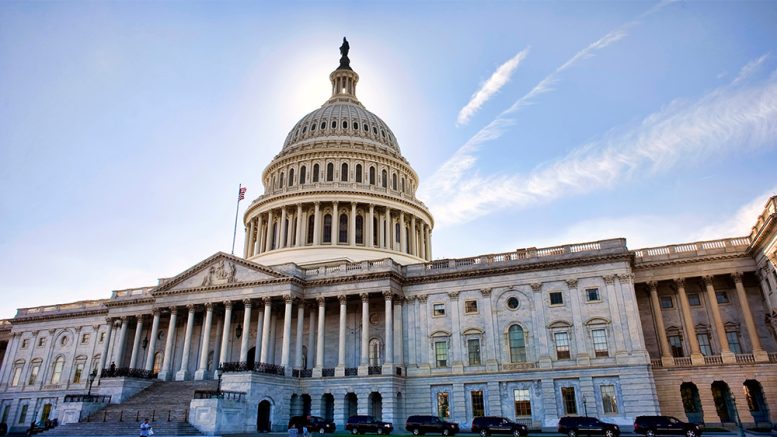Submitted by Office of Rep. Victoria Spartz
U.S. Representative Victoria Spartz introduced legislation on Tuesday to put everyday Americans back at the center of health care by stopping Medicare waste and abuse exploited by large oligopolies for far too long.

Spartz
“Congress needs to grow a backbone for a change and start remembering who we serve,” Rep. Spartz said. “Courage and common sense are not typical traits in Washington, D.C., but we need them now. We must stop money-laundering in Medicare and Medicaid to save health care and the fiscal future of our nation.”
The SMART Health Care Act (Stopping Medicare Abuses to Restore Trust in Health Care Act) has five parts:
1) Tackles Medicare Advantage overbilling by large insurers.
Multiple investigations have found large insurers “game” the system to up-code on patients, making them look sicker than they are and costing American taxpayers billions. Expanding risk-adjustment to two years of data (instead of one) can give us a fuller picture of beneficiary risk. Medicare Advantage abuses of quality bonuses and “double bonus counties” could be some other areas in need of tightening the legislative framework. The Department of Justice recently sued insurers offering Medicare Advantage plans for hundreds of millions of kickbacks.
2) Stops overbilling of Medicare by large hospitals.
Dishonest Medicare billing by hospitals is a major contributor to skyrocketing health care prices. In short, hospitals buy up independent physician practices and then charge patients significantly more for the same services at the same locations, dishonestly billing hospital facility fees. One woman saw her bill going up more than 10 times after her doctor’s office was acquired by a hospital. This practice leads to further provider consolidation, decreased clinician independence, greater physician burnout, and higher prices for the same or lower quality. As a result, a majority of physicians are now employed by hospitals. Ironically, under obscure Obamacare prohibition, physicians cannot even own hospitals themselves. The issue of overbilling was partially dealt with by Congress in 2015 by equalizing billing for new outpatient off-campus locations. However, it led to hospitals bringing new outpatient services on campus and significantly reducing access to care, especially in rural areas. This bill addresses this loophole by equalizing all outpatient payments for non-rural hospitals and saving Medicare billions.
While nonprofit, tax-exempt hospital CEOs are making millions of dollars as a reward for growing their “empires” through health care consolidation and the institutions they run pay no taxes, millions of Americans are in collections for medical debt. According to a recent study, 80 percent of nonprofit hospitals are spending less on community benefits like financial assistance than what they are estimated to receive in tax breaks.
Earlier this month, the Congresswoman also introduced a legislative package to combat hospital monopolies, including the Holding Nonprofit Hospitals Accountable Act to bring more transparency to the community benefit standard for tax-exempt hospitals.
3) Improves access to care for Medicare patients in rural areas.
This bill lifts the Obamacare prohibition for the physician-owned hospitals to provide medical care to Medicare and Medicaid patients in rural communities, which is badly needed to improve access to high-quality care.
4) Requires 340B providers not to upcharge patients for prescription drugs.
The 340B program began in 1992 to help providers serving patients who struggled to afford their prescription drugs. The program has grown significantly since its inception with limited program oversight and significant lack of transparency. Providers, like large hospitals, now use the program as a “cash cow” rather than help the most vulnerable. This bill also directs the HHS Secretary to post data and adjust properly Medicare reimbursements for drugs to these stakeholders.
5) Improves quality of care at the skilled nursing facilities (SNFs).
This bill increases the floor from 2 percent to up to 5 percent in Medicare payment reductions for poorly managed skilled nursing facilities.
Click here to read the full text of the bill.


Be the first to comment on "Spartz: we will fail to fix health care if we don’t strengthen both Medicare & Medicaid"